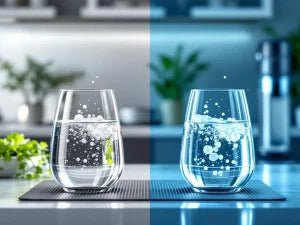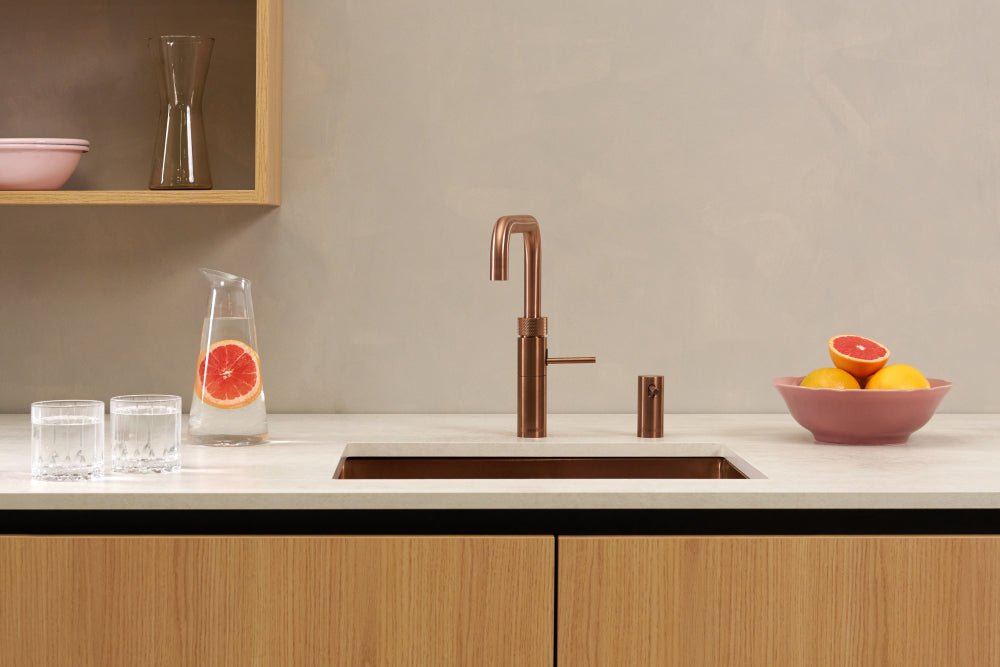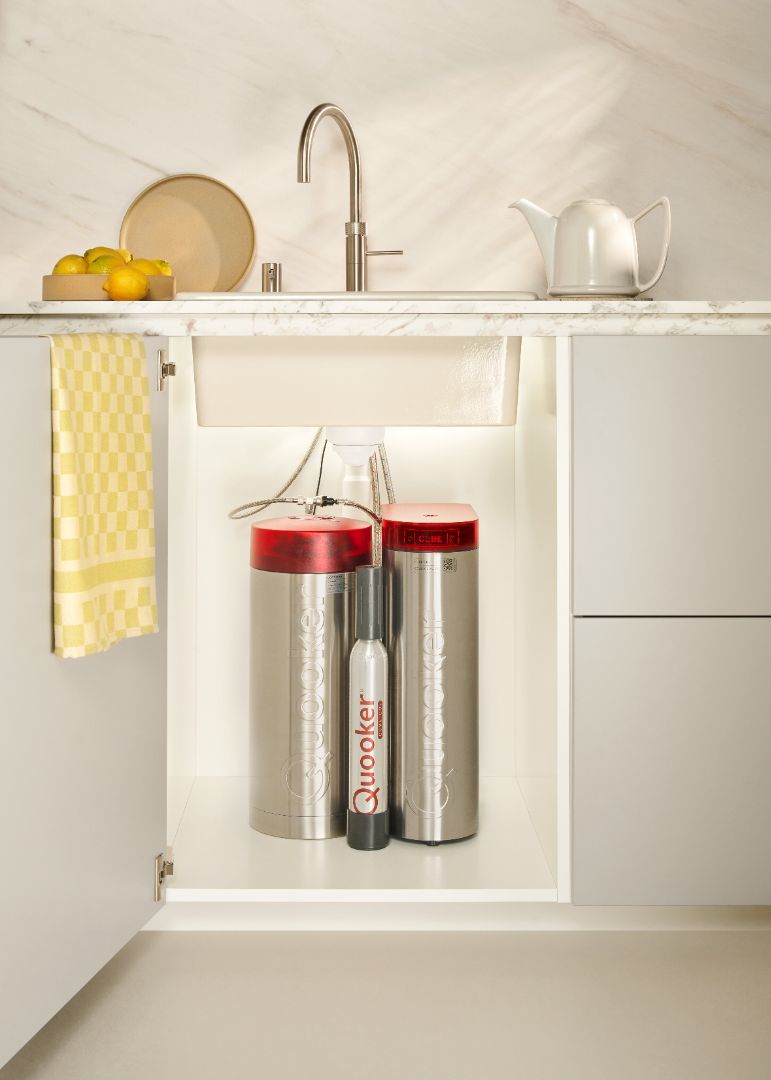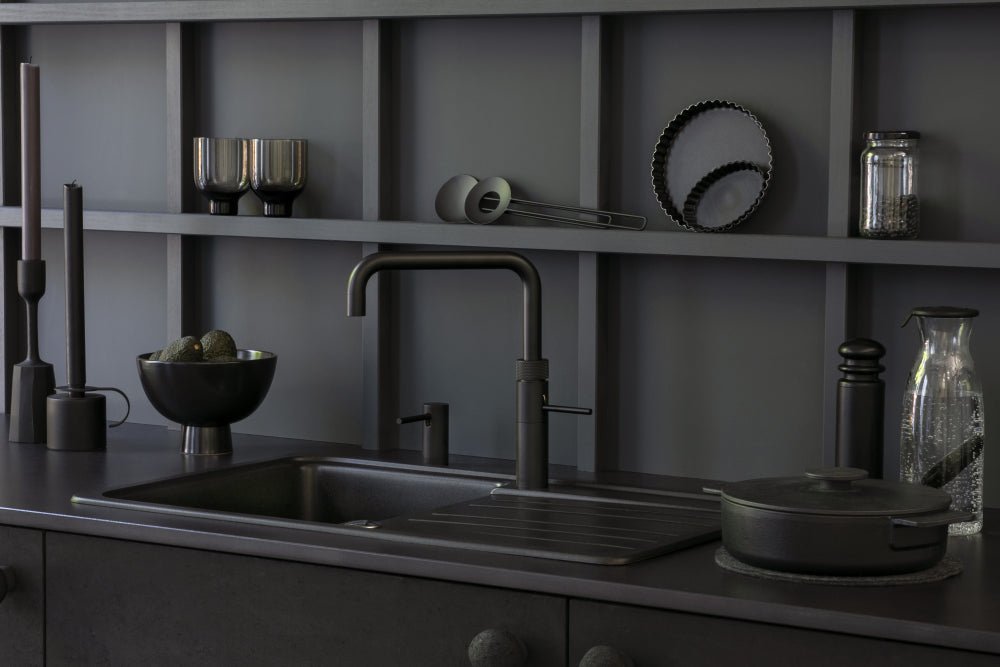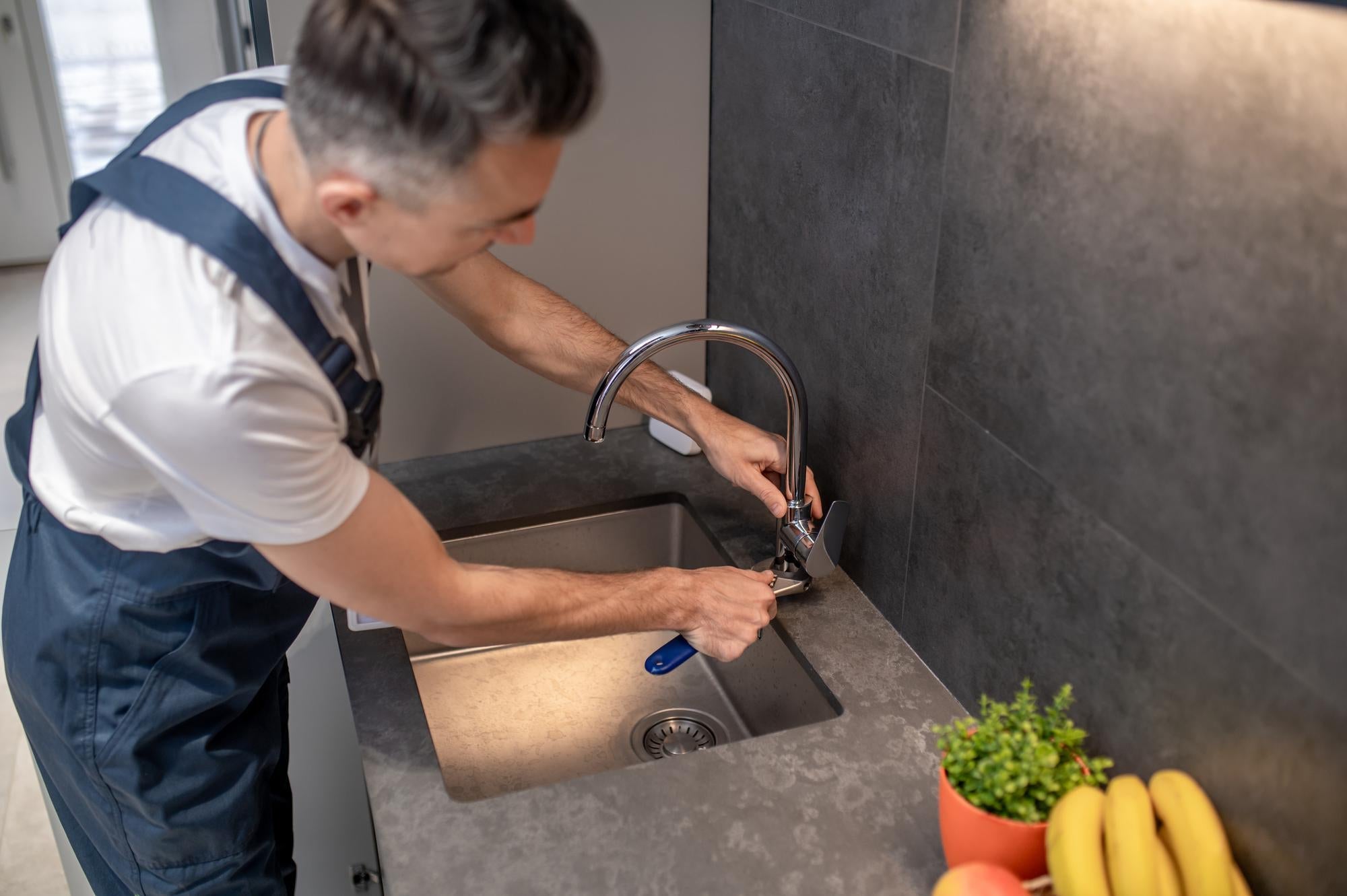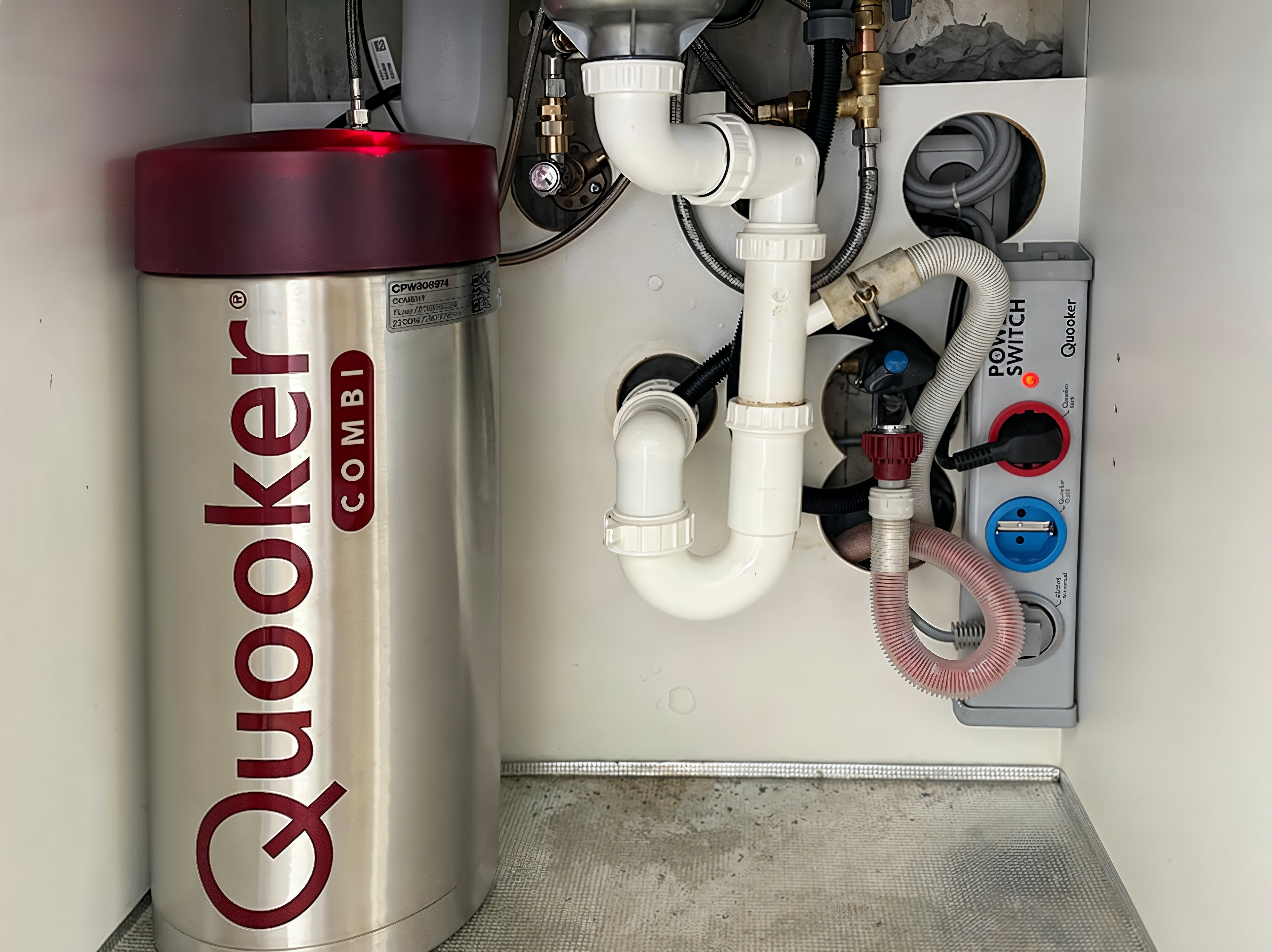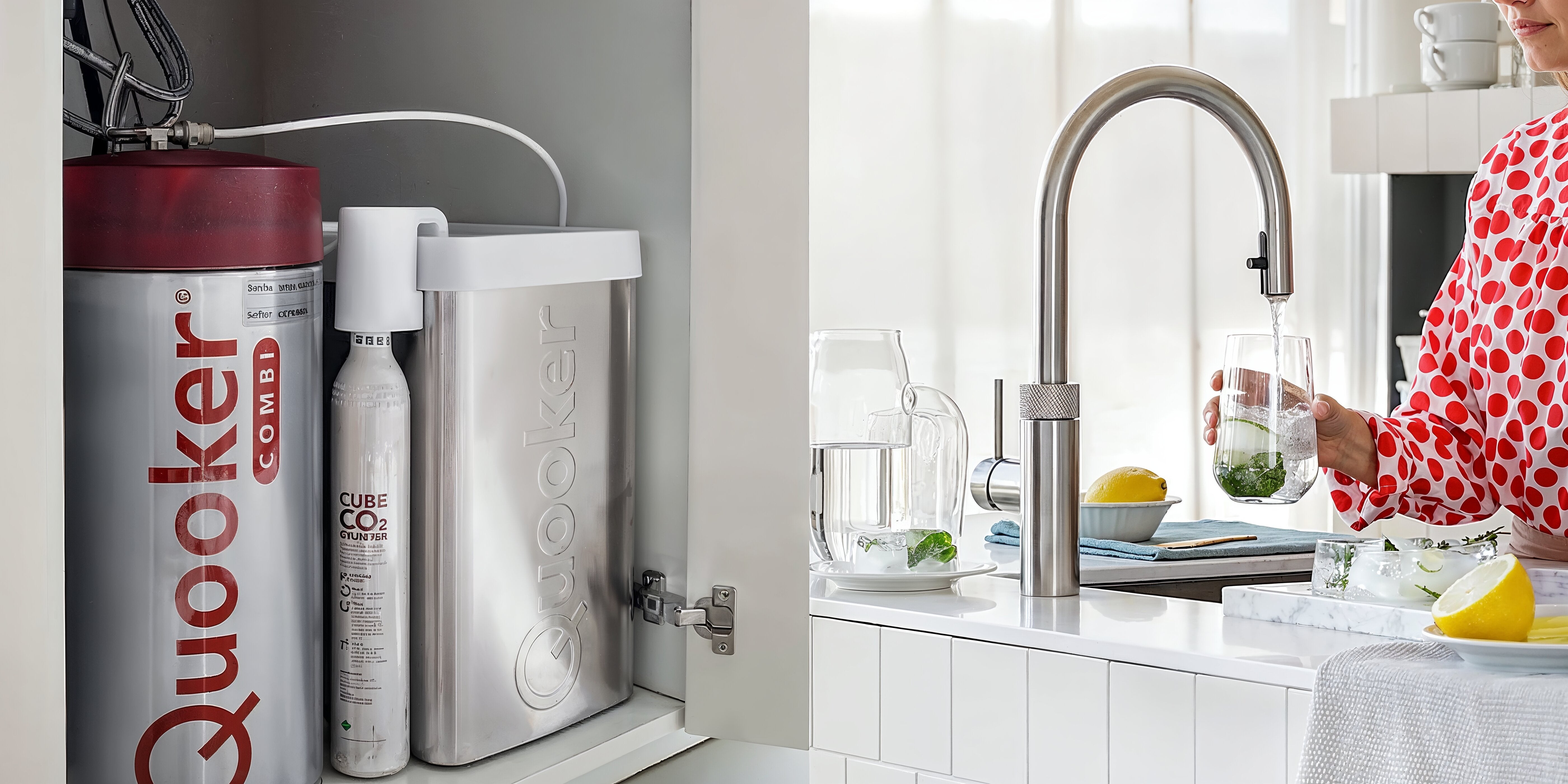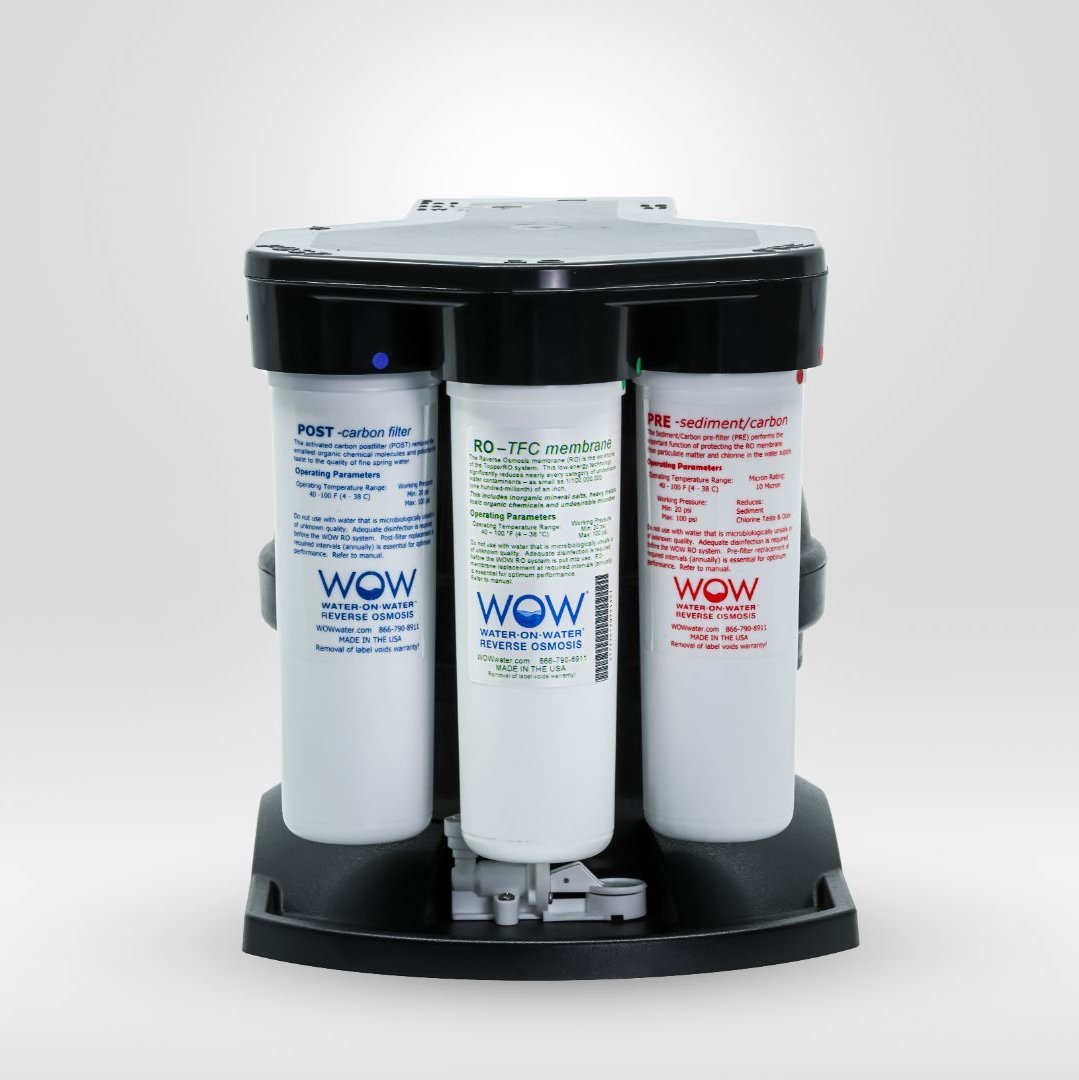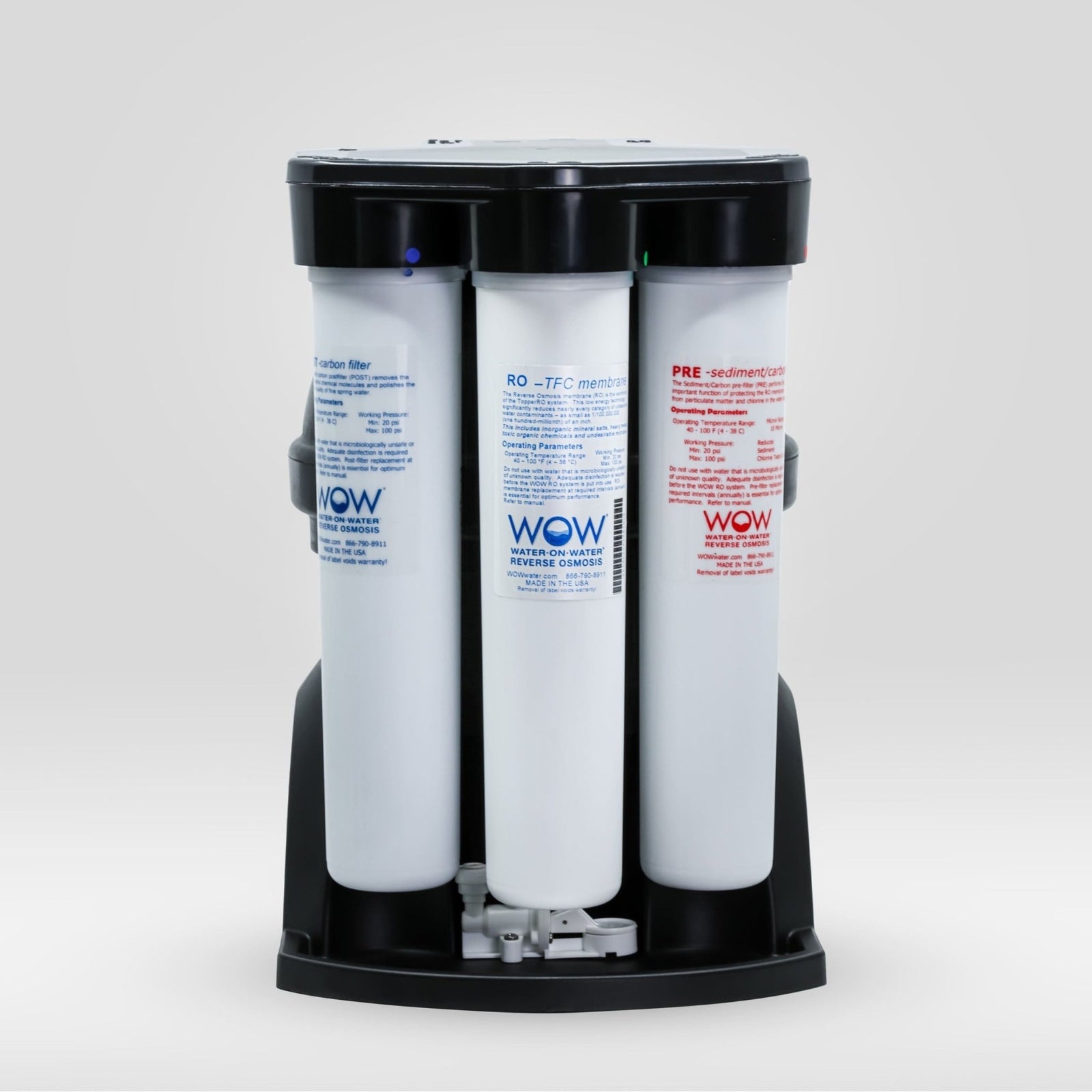Tap water that smells like a swimming pool is caused by chlorine , which water companies add as a disinfectant. This chemical kills bacteria and germs during transport from the treatment plant to your tap. The typical swimming pool smell arises when chlorine reacts with organic compounds in the water, and the intensity can vary depending on your location, the season, and the time of day.
Why does tap water sometimes smell like a swimming pool?
The swimming pool smell in tap water is caused by chlorine, which Dutch water companies deliberately add during the purification process. This disinfection method protects us from dangerous microorganisms such as bacteria, viruses, and parasites that could otherwise cause illness. The chlorine content is carefully controlled to ensure safe drinking water during its long transport through the pipeline network.
The intensity of the odor varies considerably depending on the situation. Homes near water treatment plants often experience a stronger chlorine smell because the water has had less time to "breathe." Water temperature also plays a role—warmer water allows chlorine to evaporate more quickly, intensifying the odor. During maintenance, water companies temporarily increase the chlorine dosage, resulting in a noticeably stronger pool odor.
Interestingly, the odor isn't always proportional to the amount of chlorine. When chlorine reacts with organic substances, chloramines are formed, which are responsible for the typical swimming pool odor. These compounds smell stronger than pure chlorine, even at lower concentrations.
Is tap water with a chlorine smell safe to drink?
Tap water with a chlorine odor is completely safe to drink according to Dutch health standards. The Human Environment and Transport Inspectorate (ILT) strictly monitors that water companies comply with the legal limit of a maximum of 0.3 milligrams of chlorine per liter. This concentration is well below the level at which health risks can arise, yet it effectively kills bacteria and viruses.
The World Health Organization (WHO) confirms that chlorine concentrations up to 5 mg/l pose no direct health risks. Dutch water companies therefore apply a safety margin of more than 15 times. This cautious approach guarantees that the water remains microbiologically safe without adverse health effects.
However, some people experience discomfort when using chlorinated water for long periods of time:
- Dry skin and hair after showering
- Irritation of sensitive mucous membranes
- Unpleasant taste in tea and coffee
- Reduced shelf life of fresh flowers
These effects are not harmful but can affect daily comfort. For people with sensitive skin or taste , home water purification can offer a solution to avoid these discomforts.
How do you remove pool odor from tap water?
There are several methods for removing pool odor from tap water, ranging from simple home remedies to sophisticated filter systems. The simplest method is to leave water in an open container for at least 24 hours, allowing the chlorine to evaporate naturally. Boiling accelerates this process—boiling for five minutes removes most of the chlorine, but this requires energy and time.
For a structural solution, water filter systems are more effective. Activated carbon filters absorb chlorine fairly well, but don't remove other contaminants such as pharmaceutical residues or heavy metals. Activated carbon jug filters are affordable but require frequent filter changes and have limited capacity.
The most effective method is reverse osmosis technology. This advanced filtration removes up to 99% of all unwanted substances, including chlorine, chloramines, pharmaceutical residues, PFAS, and microplastics. The water is forced through a semi-permeable membrane, allowing only pure water molecules to pass through. The result is crystal-clear water without odor or aftertaste.
| Method | Effectiveness of chlorine removal | Other benefits | Disadvantages |
|---|---|---|---|
| Let it stand (24 hours) | 60-80% | Free, no equipment needed | Time consuming, not practical |
| Cooking (5 minutes) | 80-90% | Fast results | Energy consumption, cooling time |
| Active carbon filter | 85-95% | Affordable, improves taste | Frequent maintenance, limited operation |
| Reverse osmosis | 99%+ | Removes all impurities | Higher purchase price |
Which water filters work best against chlorine odors?
Reverse osmosis systems perform best for effectively removing chlorine odors from tap water. This technology filters not only chlorine but also chloramines—the compounds that cause the typical pool odor. While simple carbon filters primarily target free chlorine, reverse osmosis removes the complete spectrum of chlorine compounds.
Modern RO systems combine multiple filtration techniques for optimal results. A sediment filter first traps coarse particles, after which the water flows through the RO membrane, which traps molecules larger than water. A secondary filter with activated carbon polishes the water and removes any remaining odors and flavors. This multi-step approach guarantees source-quality water.
The benefits of a reverse osmosis water filter system are significant:
- Tea and coffee taste fuller without a chlorine aftertaste
- No more dry skin after showering
- Flowers stay fresh longer in RO water
- Suitable for baby food without chlorine residues
Important certifications like NSF/ANSI 58 guarantee that the system actually performs as promised. This international standard specifically tests for chlorine removal and other contaminants, with independent laboratories verifying the claims.
When is the chlorine smell in tap water strongest?
The chlorine concentration in tap water fluctuates throughout the year, with significant peaks during the summer months. Higher temperatures encourage bacterial growth, prompting water companies to preemptively increase the chlorine dosage. During heat waves, the chlorine odor can be noticeably more intense, especially in urban areas where water remains in the water supply system for longer periods.
The distance to the water treatment plant largely determines the odor intensity. Households at the beginning of the distribution network experience stronger chlorine odors because the disinfectant has not yet broken down. At the end of long pipeline runs, the chlorine concentration is lower, but additional dosing may be necessary to ensure sufficient disinfection.
The time of day also affects the noticeable chlorine smell. In the morning, the first tap water often smells stronger because it has stagnated in the pipes overnight. This "first water" contains concentrated chlorine compounds that have built up. Running the tap for a few minutes flushes away this concentrated water.
Maintenance work is a temporary but significant factor. During pipe repairs or replacements, water companies flush the network with increased chlorine concentrations to prevent bacterial growth. Residents are usually notified in advance about these works and the temporarily stronger chlorine odor.
Important facts about chlorine in Dutch tap water
Dutch tap water is among the safest in the world, thanks in part to careful chlorination. Water companies continuously monitor water quality for more than 50 parameters, with chlorine content being a crucial indicator. The legal maximum concentration of 0.3 mg/l is well below international standards, underscoring the high quality of our drinking water.
Despite its safety, many households find the chlorine smell unpleasant. It negatively impacts the taste of hot beverages in particular – tea loses its subtle aromas, and coffee can develop a chemical aftertaste. For gourmets and health-conscious consumers, this is a daily annoyance that's easily solved.
Modern reverse osmosis water filter systems offer the ideal balance between safety and taste. These systems maintain microbiological safety while removing chlorine and other unwanted substances. The result is pure, fresh water that preserves the natural flavor of beverages and doesn't cause skin irritation.
For households who want to enjoy chlorine-free water, there are effective solutions available. Whether you choose simple methods like letting the water sit or invest in an advanced filtration system, you can banish the pool smell from your tap water. With the right approach, you'll enjoy pure, flavorful water every day without that typical chlorine smell—a small change that makes a big difference in your daily water experience.
